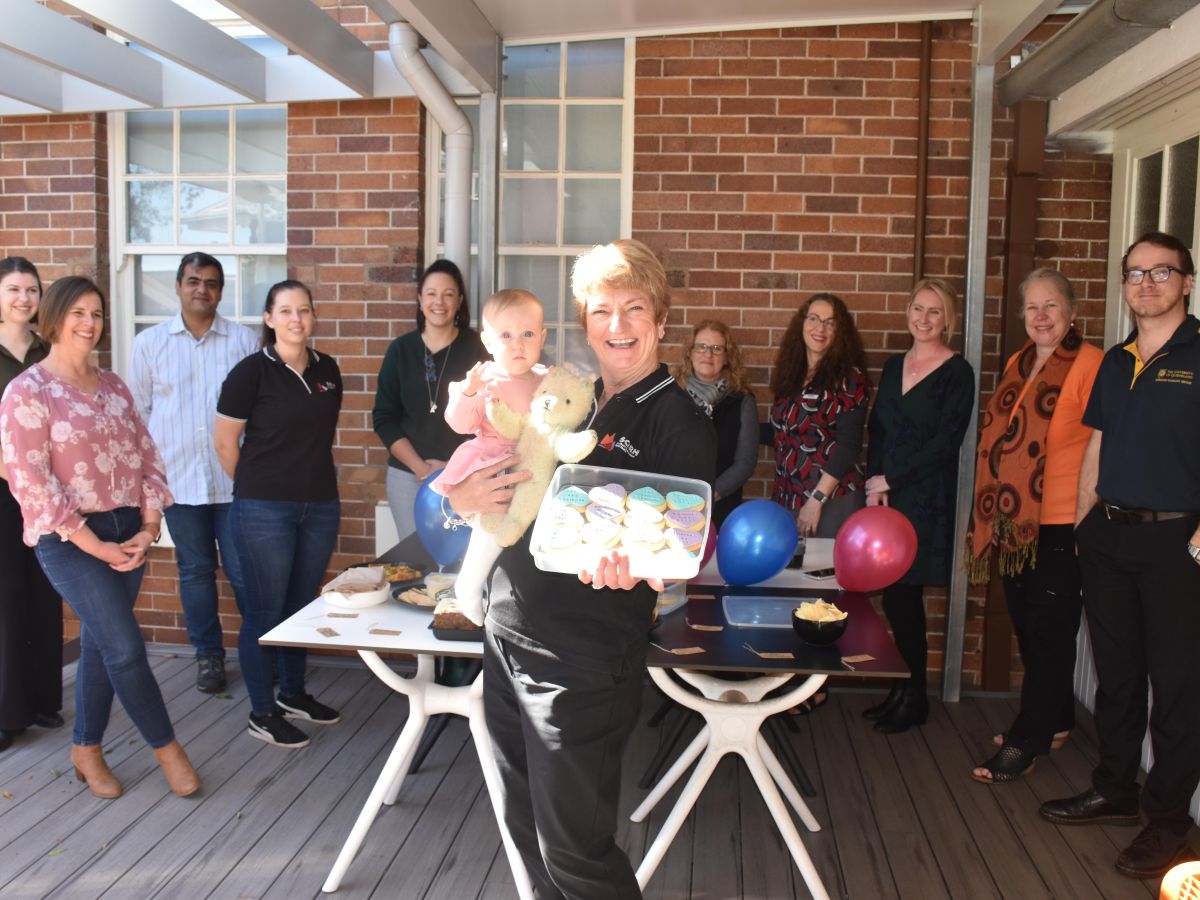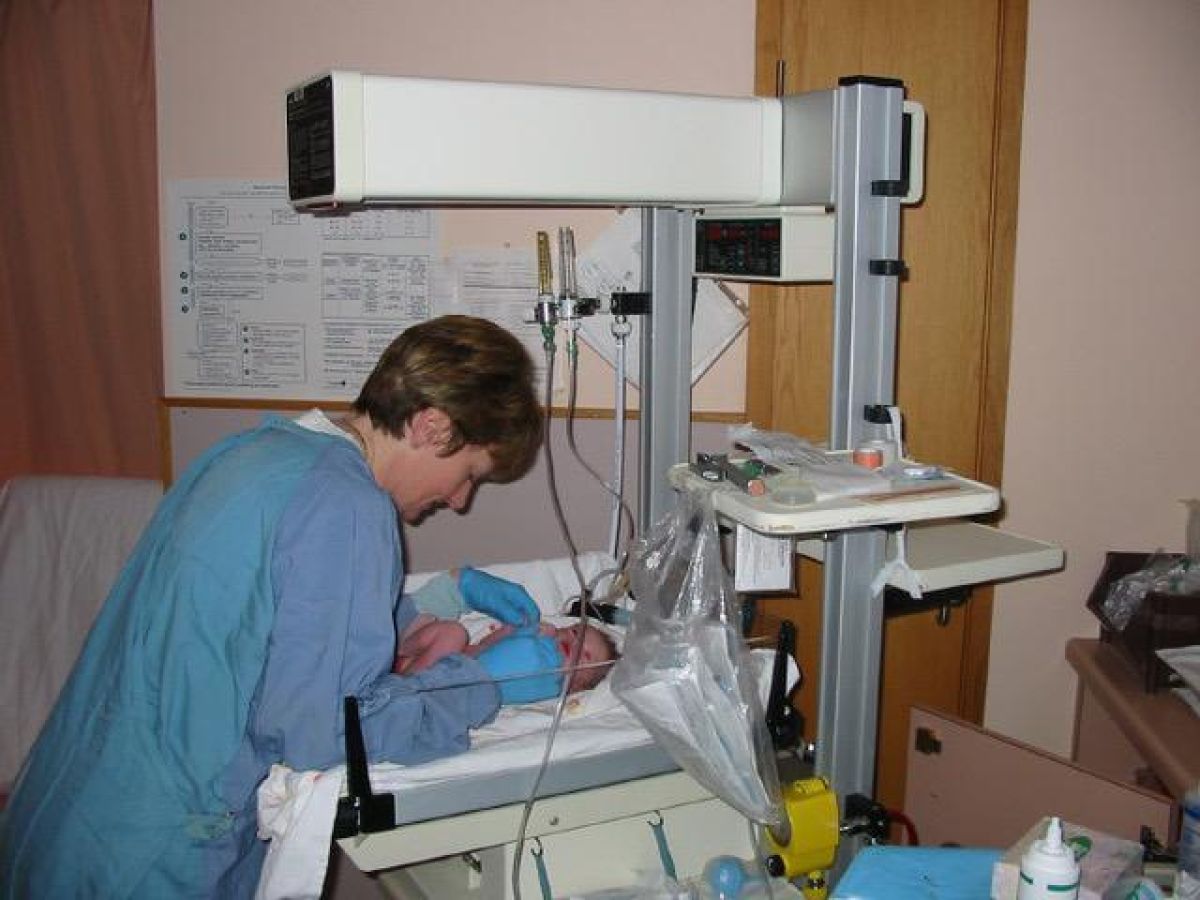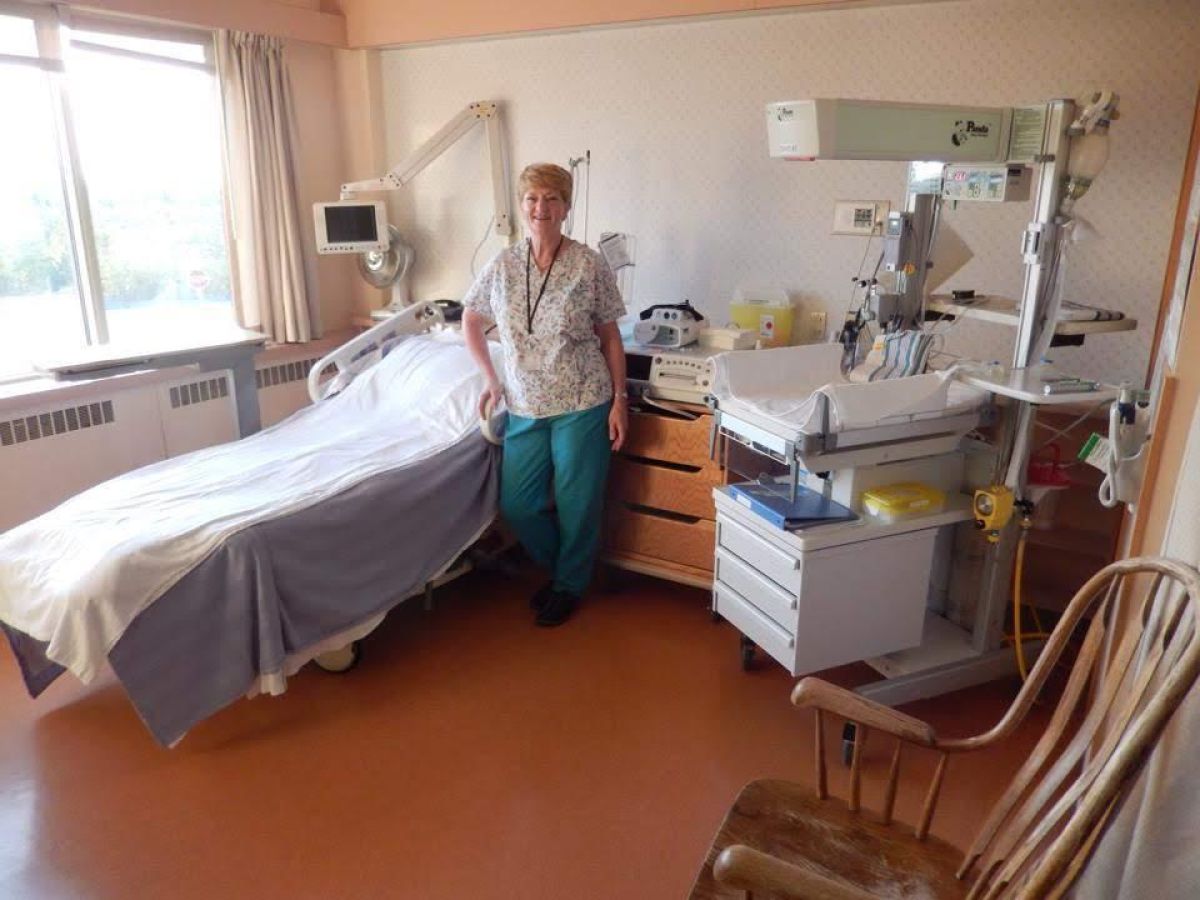
About
A University Department of Rural Health
SQRH has been established to increase rural health training opportunities for nursing, midwifery and allied health students and health professionals in regional, rural and remote communities.
Who We Are
Our Stakeholders
SQRH Advisory Board
Senior Leadership Team
Clinical Education Team
Research Team
Professional and Support Staff
Our Locations
Publications
Careers
Students
Why Go Rural?
- diverse clinical experiences,
- enhanced cultural capability,
- work as part of a team,
- experience interprofessional learning,
- experience adventures of rural life.
Why Go Rural
Student Stories
Placement Support
Accommodation
Financial Support
Preparing to Go Rural
Research
Be Part of the Solution
SQRH supports rural health professionals and students to engage in high quality rural health research.
Workshops
Enriching Learning Opportunities
SQRH provide a number of learning opportunities for health professionals and students to improve their interprofessional practice skills.










